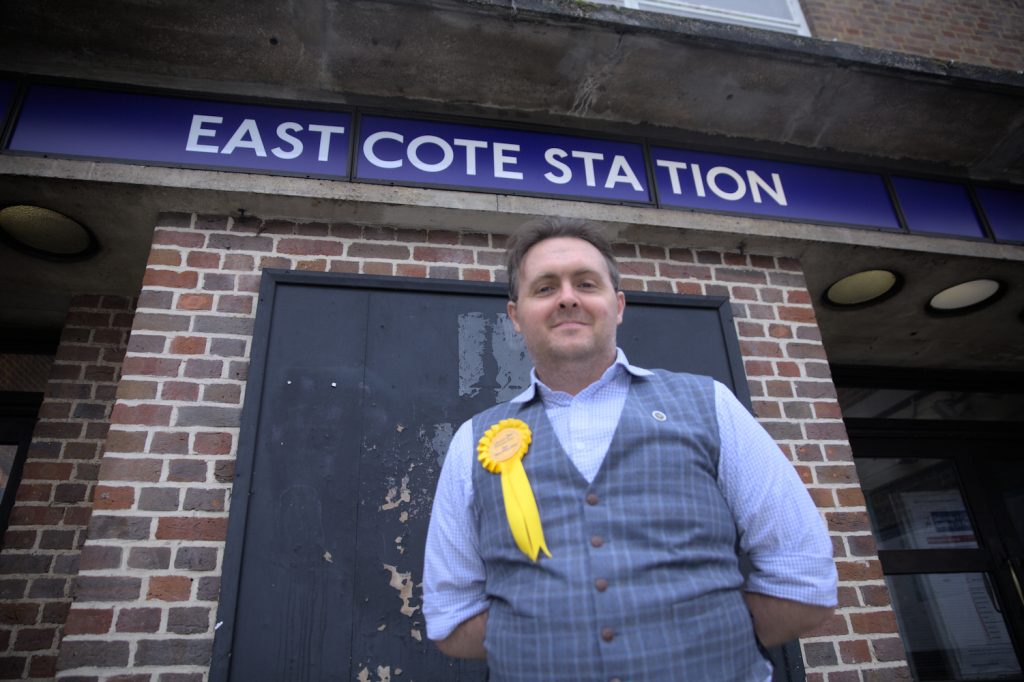Here Comes the New Boss…

Same As the Old Boss… I mentioned before the election that Labour really weren’t the party of change that they were claiming to be. I said on a number of occasions that they were basically the continuity party and that their policies were functionally almost identical to the Tories they were seeking to replace, but with more competent personnel. Yesterday a vote in the Commons demonstrated that this was indeed a correct analysis and that Labour is much more interested in party politics than the good of the country. What Happened? Yesterday MPs had the opportunity to vote on an amendment to the House’s response to the King’s Speech, which sets out the aims of the government now that Parliament has been reopened. The standard unamended response was: That an humble Address be presented to His Majesty, as follows: Most Gracious Sovereign, We, Your Majesty’s most dutiful and loyal subjects, the Commons of the United Kingdom of Great Britain and Northern Ireland in Parliament assembled, beg leave to offer our humble thanks to Your Majesty for the Gracious Speech which Your Majesty has addressed to both Houses of Parliament. Address to be presented to His Majesty by Members of the House who are Privy Counsellors or Members of His Majesty’s Household. Hansard This is a fairly standard response to a King’s Speech, and is entirely non-contentious to simply pass without further comment. However, it is also an opportunity for minority parties to point out to the government that they have missed some key issues that really ought to have been included. In the case of the amendment proposed by Christine Jardine MP (Liberal Democrat, I might add), these issues were: The right to see a GP within seven days A guarantee for cancer patients to start treatment within 62 days from urgent referral Free personal care in England Better support for carers, and a cross-party commission on social care An end to the scandal of sewage dumping against which the previous Government failed to take action, including by replacing Ofwat with a new regulator Support families with the cost of living Tackle poverty, including by introducing a national food strategy, extending free school meals to all children in poverty, and by scrapping the two-child benefit cap Ensure that rural communities and farmers receive adequate support Reform the system for parliamentary elections by replacing first-past-the-post with proportional representation, so that every vote counts The new Labour government voted this down. Not only that, they withdrew the Whip from seven MPs that voted to amend the King’s Speech response (NB, they actually voted for an amendment from the SNP which only focused on the child benefit cap – they didn’t even go so far as to vote for this amendment with its various additional benefits for the country), including the former Shadow Chancellor, John McDonnell. Frankly there is nothing in this amendment that should warrant this type of action from Starmer. His party supports all of these, including proportional representation, so he does not have a mandate from his own party to ignore these requests, let alone the fact that almost every other party in Westminster voted for this amendment (Tories notwithstanding, given they are responsible for most of the mess this would have addressed). Danny’s Debut This year I lost the Uxbridge & South Ruislip election to Danny Beales. At the time I was not hugely disappointed with this because during the hustings Danny set himself out to be progressive in the true sense of the word. Nevertheless, he joined the Labour masses in voting against this amendment. Shame on you, Danny. Every single one of these proposals was in line with what a true progressive would have wanted, and you used one of your very first appearances in our Parliament to vote to retain Tory policies that have harmed our country and our constituency. You should have joined John McDonnell in voting for this amendment if you wanted to be taken seriously as a progressive, but it seems that you have chosen to simply fall in line with what Starmer demands even when it contradicts your own personal morality. A fine example of putting party before country, something you were very keen to accuse Steve Tuckwell of doing. Frankly, if you want to be a progressive, you are clearly in the wrong party. Labour is not a progressive party, as demonstrated by suspending several prominent MPs who dared to vote for some actual progressiveness.
Campaign Launch

I am officially launching my campaign! Support me if you also like democracy, equality and integrity in your elected officials.
My First Surgery

A summary of my first ever surgery as a hopefully-future MP.